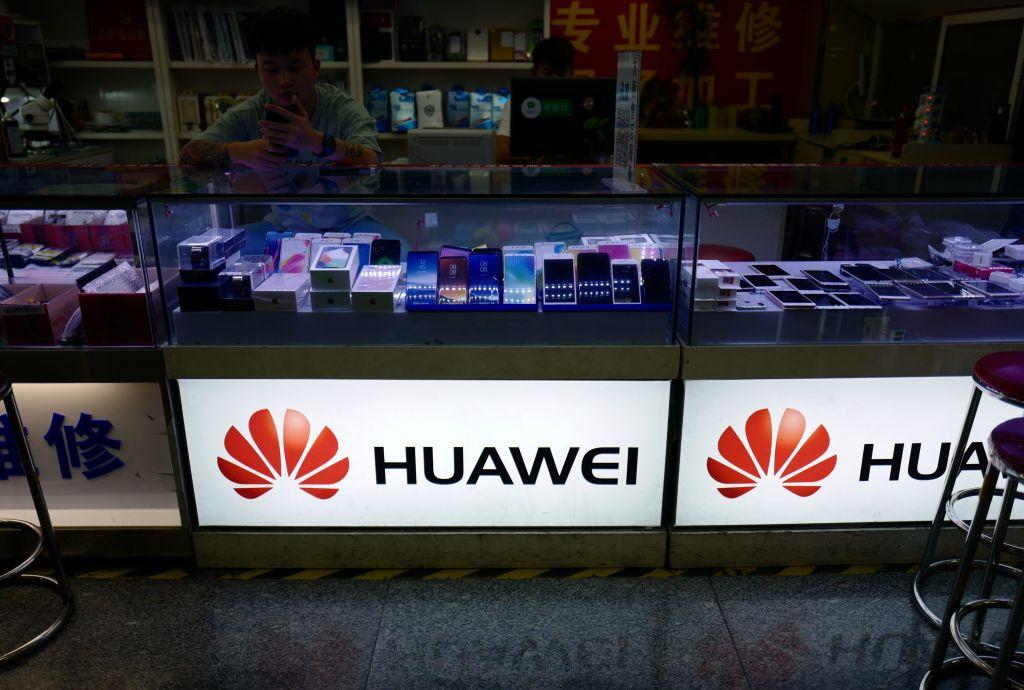A leaked internal document, purportedly from an official at Chinese telecom giant Huawei about the ongoing U.S.–Sino trade war, has generated much speculation due to the level of nationalist rhetoric in the memo.
On Aug. 16, Cao Shanshi, a well-known Chinese financial news personality and commenter, revealed the memo on his Twitter account, saying that Huawei President Ren Zhengfei had issued it to company staff.





